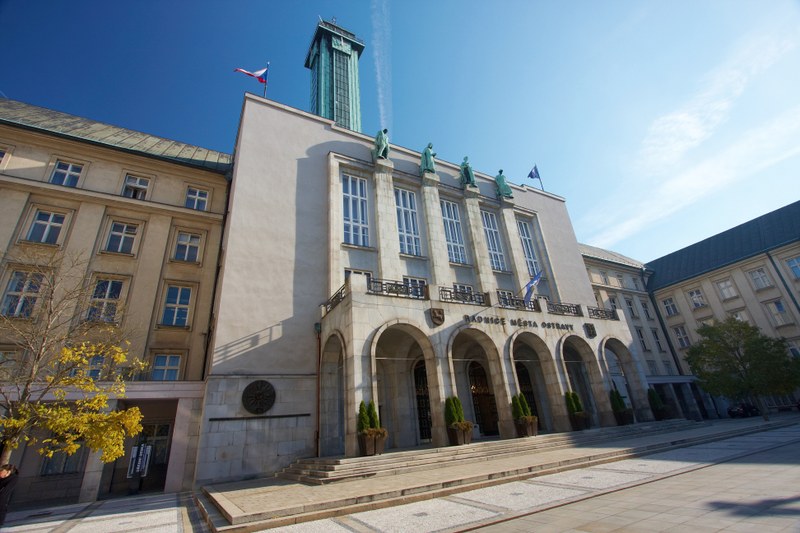
Welcome the Sixth Ministerial Conference on Environment and Health!
From 13–15 June 2017 Ostrava will be the venue for the Environment and Health conference organized by the World Health Organization (WHO), the United Nations Environment Programme (UNEP) and the United Nations Economic Commission for Europe (UNECE). Over 450 experts from 45 countries will come to Ostrava for this prestigious global event.

Macura explained the importance of the conference for Ostrava: "Previous host cities have included London and Paris, and now Ostrava has the opportunity to host this prestigious international event. The delegates will include health ministers, environment ministers and several prime ministers. Ostrava has never hosted a conference of this scale before." Although the delegates will be discussing European and global issues, regional concerns will also be on the agenda. Tomáš Macura explained: "As part of the discussions we plan to address some of the key problems faced by Ostrava with respect to environmental issues."
In addition to the conference itself, Ostrava is also hosting a 'Health Week' – featuring a range of events aimed at the general public. Throughout the week, people will be able to get involved in sports, arts and crafts, debates, lectures, and much more – all on the theme of health and environment. There will also be an opportunity for people to meet informally with conference delegates at the Green Relaxation Zone outside the Gong arena. We would like to invite all delegates to take part in the Health Week, which will offer new and different perspectives on our city. More information to be found on healthweek.ostrava.cz.
The World Health Organization is an agency of the United Nations which coordinates policy related to international public health issues. Based in the Swiss city of Geneva, it was founded in 1948 to support international cooperation in public health policy. It has coordinated the implementation of numerous projects which have reduced or completely eradicated certain diseases and brought huge improvements to people's quality of life throughout the world. Its aims include combating disease and health problems, mainly in poor and disadvantaged communities. The WHO promotes a healthy lifestyle, the reduction of health risks via improvements in ecological, economic and social conditions, and the development of fair and effective health care systems which respond to real-world needs and are genuinely affordable.
